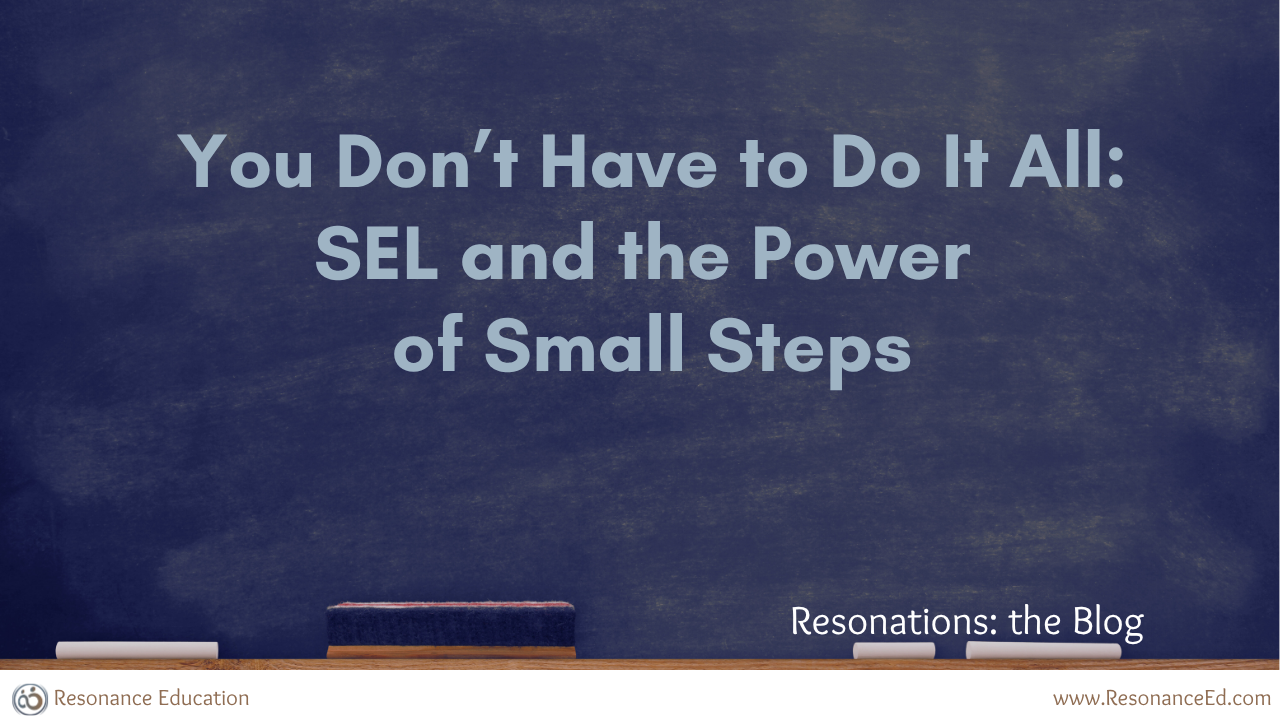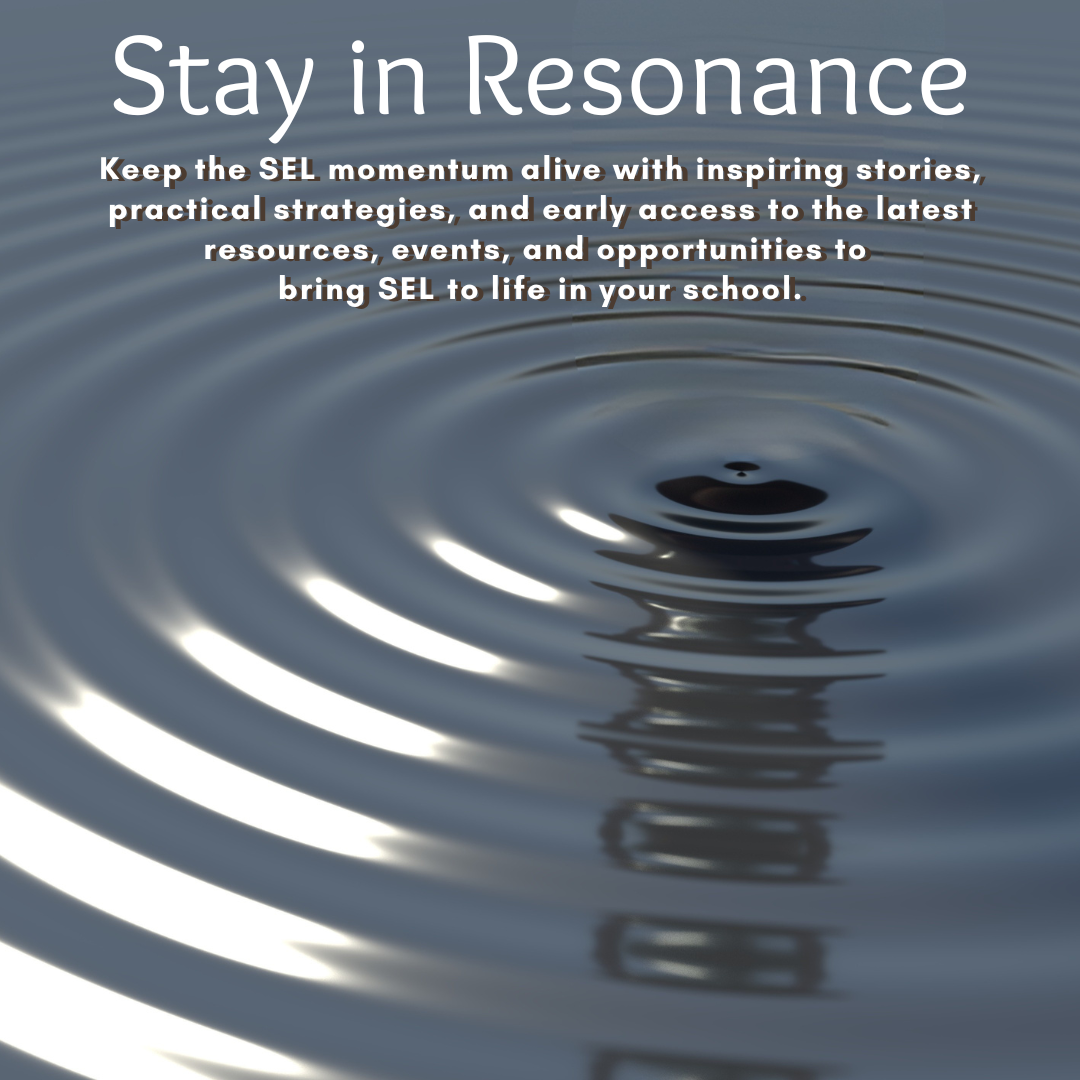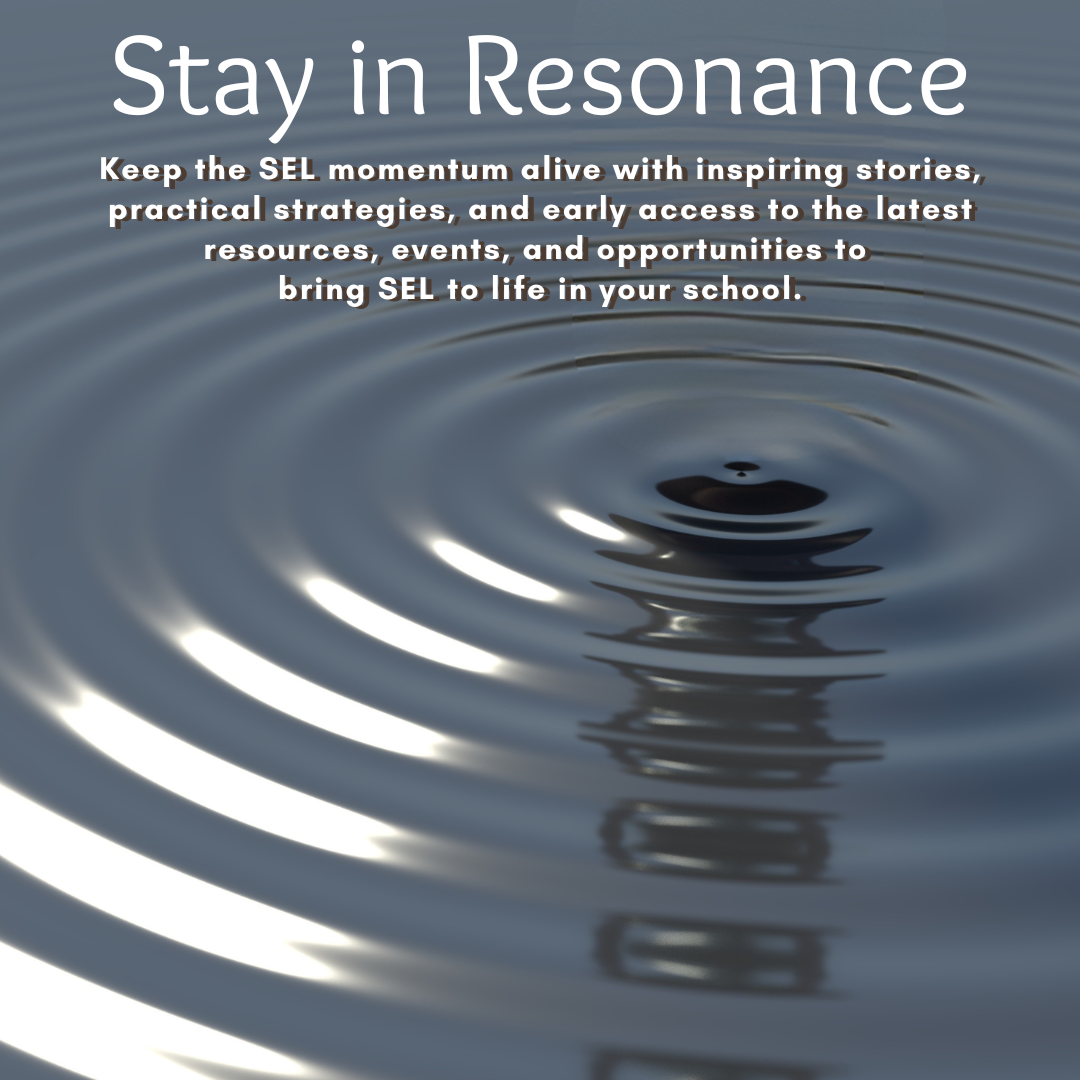You Don’t Have to Do It All: SEL and the Power of Small Steps
Jul 27, 2025
When the Common Core literacy standards were first introduced, my immediate reaction was: No way.
I became a social studies teacher for a reason. I didn’t want to teach grammar. I didn’t want to focus on writing mechanics. That was for the ELA teachers, not me.
But later, as an instructional coach, my perspective shifted. I learned that education isn’t about staying in our “content lanes.” We’re all here to serve and support all students. And while I didn’t need to teach reading and writing at the same depth as my ELA colleagues, I discovered I could contribute.
In social studies, students should analyze primary sources to gain a deeper understanding of historical events. They should write to make claims, support them with evidence, and engage in argumentation. I could teach them how to structure an argumentative essay, choose stronger words, and use basic grammar effectively.
I didn’t have to teach everything. But I had to do something.
SEL Works the Same Way
Think of social-emotional learning (SEL) the same way. There are dozens of skills under the five SEL competencies. It’s unrealistic—and unfair—to expect any one teacher to master and teach them all.
I’ll be honest: I’m still developing many of these skills myself. On any given day, I might demonstrate some better than others. That’s not a weakness; that’s being human.
What I can do is intentionally teach and model the skills where I feel strongest. I can integrate them into the way I speak, think, and interact with students.
The Collective Impact
Here’s the beauty of this approach: when each of us focuses on the SEL skills we’re proficient in and do so consistently, our efforts multiply.
Together, as a connected community of educators, we cover the full spectrum. Over time, students don’t just learn individual skills; they deepen them, layer by layer, across multiple contexts and relationships.
The Bottom Line
You don’t have to do it all.
But you do have to do something.
Our students deserve opportunities to practice these skills—the same skills that will carry them well beyond high school. They deserve teachers who model growth, not perfection.
SEL isn’t about being an expert in every competency.
It’s about showing up, contributing what you can, and trusting that together, we can give students what they need most.


